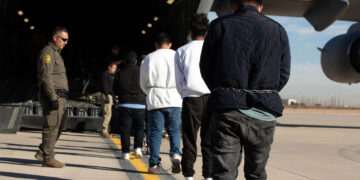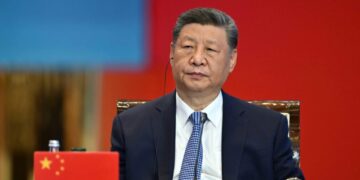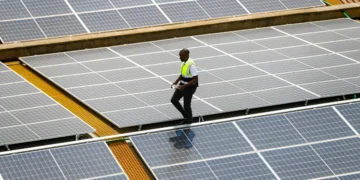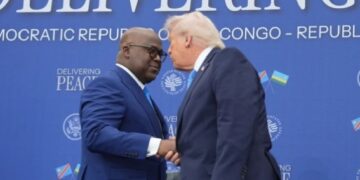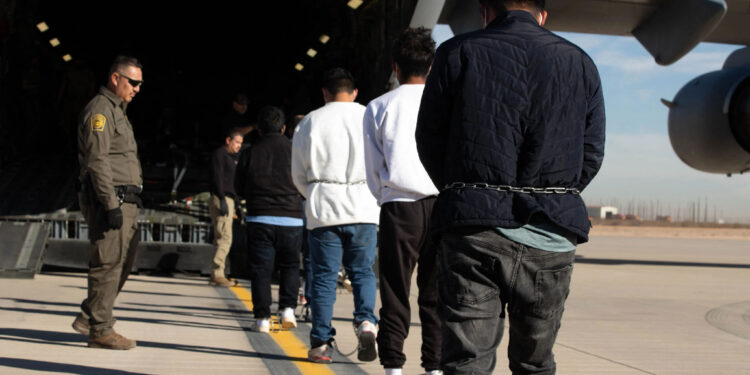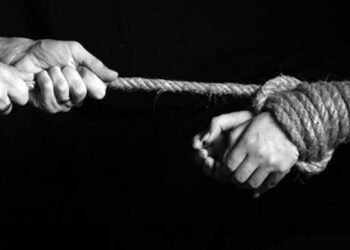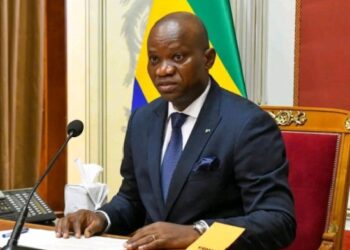The United States has deported five foreign nationals convicted of violent crimes, including child rape and murder, to Eswatini. This small African monarchy is now serving as a temporary holding site before their eventual repatriation to home countries that initially refused to accept them.
The deportees are nationals from Vietnam, Jamaica, Laos, Cuba, and Yemen. U.S. officials labeled them as depraved monsters for crimes including child sexual abuse, homicide, and armed robbery.
Eswatini is acting as a transit hub, working with the UN migration agency IOM to facilitate the deportees’ returns. The move has sparked controversy, with critics accusing the U.S. of using economic leverage to pressure the nation into accepting deportees. Eswatini is the fourth-largest sugar supplier to America, raising suspicions of a quid pro quo.
Diplomatically, the arrangement reflects pragmatism. The U.S. has struggled to deport criminals to uncooperative home countries. A recent Supreme Court ruling allows the U.S. to deport migrants to third countries rather than only to their countries of origin.
In Eswatini, the decision has drawn backlash. Citizens fear prisons are not equipped for high-risk inmates. The Swazi Solidarity Network condemned the deal as deplorable and warned against becoming a dumping ground for criminals. Government officials have attempted to calm public anxiety, stating the five individuals are isolated in secure units and pose no threat to the public.
The move fits into a broader U.S. deportation push under the Trump administration. Since taking office, the administration has resumed workplace immigration raids that were paused under Biden, deported migrants to El Salvador, Costa Rica, and South Sudan, and negotiated with Rwanda, Angola, and Moldova for similar deals. Nigeria has resisted, refusing to accept Venezuelan deportees or third-country prisoners.
Human rights groups, including the UN, have expressed concern about outsourcing immigration enforcement to countries with weak judicial systems. Eswatini, Africa’s last absolute monarchy, has been criticized for suppressing dissent and for poor prison conditions.
